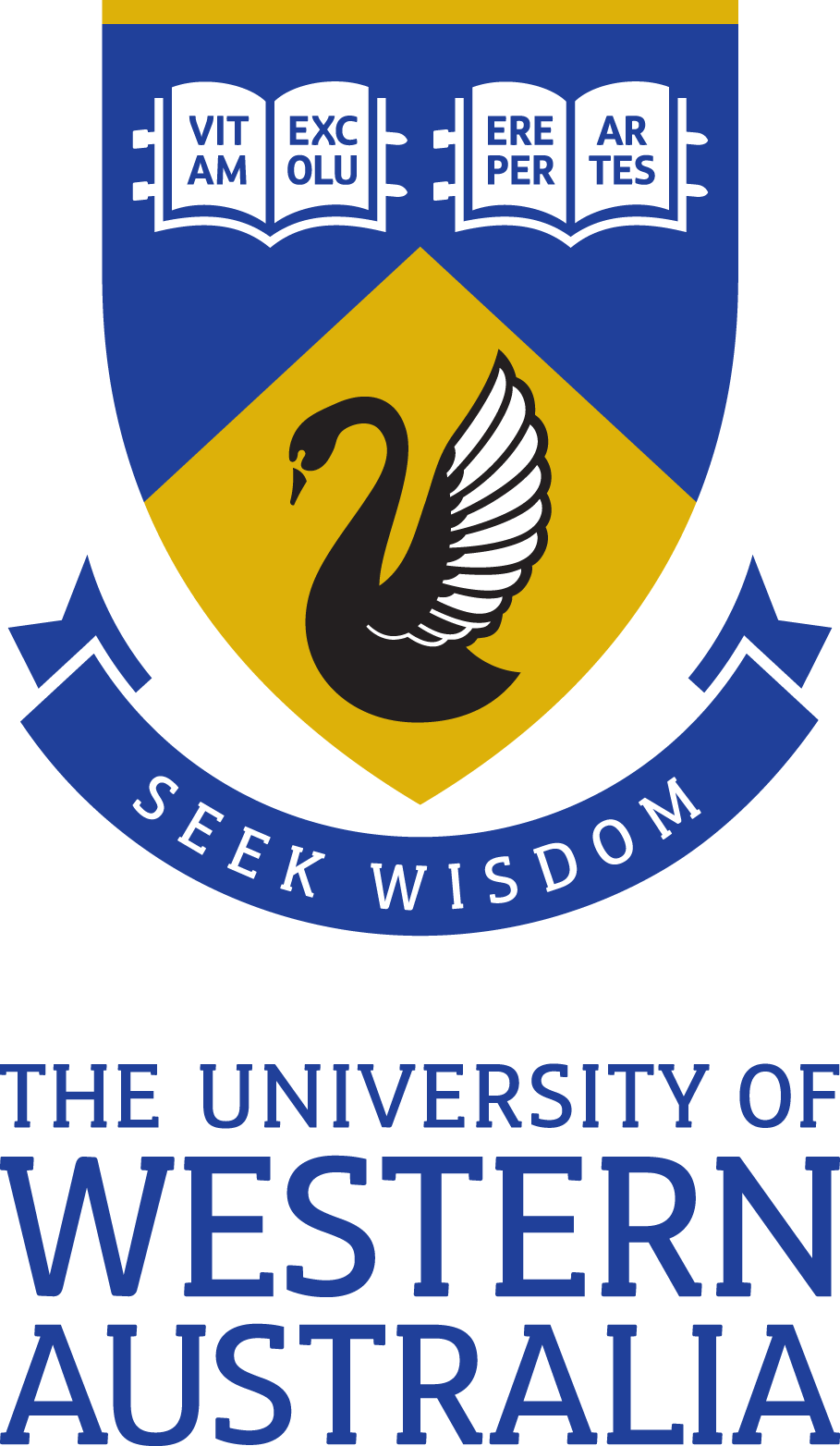Full description
InterRett is the first-ever project collecting data on a worldwide basis about Rett syndrome. Funded by the International Rett Syndrome Association, this international online database examines the clinical features and genetic characteristics of Rett syndrome. InterRett is playing an invaluable role in the development of partnerships between families and clinicians and in advancing knowledge about Rett syndrome. Interett increases the clinical understanding of Rett syndrome and provides a new way to help families affected by the disorder, health professionals and the general public learn about Rett syndrome. This data encourages collaboration with researchers from around the world. For rare disorders such as Rett syndrome, the Internet provides access to a worldwide population, providing higher statistical power than individual centers or even country based research studies. The Internet also provides an ideal medium to disseminate high quality information about a specific disorder to the medical and general community. The output database is a searchable database which allows you to create graphs based on the information provided in the InterRett family questionnaires from families around the world. The study was directed from the Telethon Institute for Child Health Research in Perth, Western Australia and the group of researchers included Clinical Associate Professor Helen Leonard, Professor Sue Fyfe, Dr Jenny Downs, Ms Anke Bergmann, Ms Alison Anderson and Dr Philippa Carter. We worked with a panel of 41 clinical experts on scoliosis in Rett syndrome to develop the guidelines. The panel was multi-disciplinary and participants came from the USA, Europe and Australia. To compile the guidelines, our team consulted with the literature and the parent community. A panel of expert clinicians and parents were also consulted using a multistage review process (Delphi technique) in order to reach consensus on the practice points. For the booklet, parents reported their experiences via email, questionnaire responses and during telephone interviews. The process is now complete and has resulted in a well-structured, useful set of guidelines that can be used to better inform all involved in the management of scoliosis in Rett syndrome. Whilst not a recipe, the guidelines provide a summary of key points and principles for management. The guidelines also provide a platform for the development of research to improve the level of evidence in this area. Guidelines for the management of Scoliosis in Rett syndrome are available in this dataset.
Notes
All data are de-identified (are assigned unique codes) to protect the privacy of participating families. To maintain the validity of the data all families and clinicians must register and receive login details before submitting data.
User Contributed Tags
Login to tag this record with meaningful keywords to make it easier to discover


